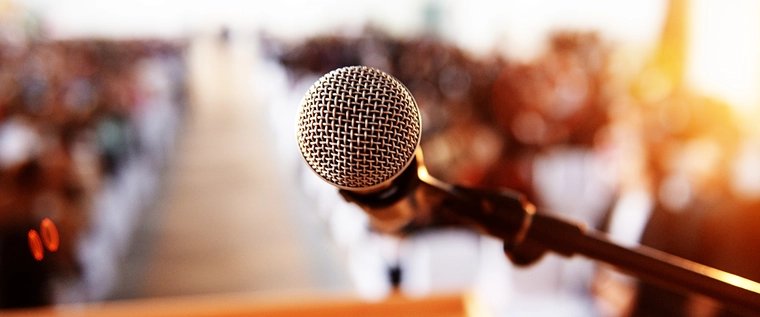
In the first episode of this new series of events, experts will talk about feminist memory work in a migrant society.
Migrant workers, adventurers or exiles: In search of the good life, courageous women* from Italy, Turkey and other southeastern European countries as well as Vietnam, Angola and Cuba made their way to the Federal Republic in the 1950s or to the GDR in the 1960s. [1]
- What was their everyday life like?
- What can everyone learn from their stories for contemporary (post)migrant memory work?
Using photos, documents or music, Berlin power women* talk about feminist self-organization, art and resistance.
Together with Gülsüm Kaya-Müller from the Turkish Women's Association Berlin, which is celebrating its 50th anniversary this year, and Cha-Jo An from the Korean Women's Group in Germany, they trace the history(s) and struggles of the 1980s and 90s. The intercultural consultant and actress Mai-Phuong Kollath looks back on her time as a "contract worker".
The educational consultant Hajdi Barz talks about anti-racist and feminist Roma movements and the RomaniPhen archive.
The audience is invited to bring their own memorabilia. Afterwards, everyone can continue to exchange ideas over cold drinks and snacks and look at the things they have brought together.
[1] Woman* here stands for all people who describe themselves as women.
With:
- Cha-Jo An & Sun-Ju Choi | Korean women's group in Germany / author, script editor and filmmaker
- Hajdi Barz | RomaniPhen e.V.
- Gülsüm Kaya-Müller | Turkish Women's Association Berlin e. V.
- Mai-Phuong Kollath | intercultural consultant and actress
- Moderation:
- Aurora Rodonò | Berlin City Museum, curator for migration history
Limited places
Meeting point: Salon
The Migration Storytelling Salon
The Berlin City Museum is launching a new, quarterly series of events with the “Migration Storytelling Salon”. In it, actors from migrant and diasporic communities share their stories of migration and resistance. In the spirit of storytelling and oral history, it is about sharing everyday stories from the perspective of migration.
The setting is informal:
The participants exchange experiences, present photo albums, music or videos that accompany their story(s). Visitors are invited to bring their own objects, photos or documents.
An event to mark International Women's Day as part of Romnja* Power Month.
Dates
March 2025
| Mo | Tu | We | Th | Fr | Sa | Su |
|---|---|---|---|---|---|---|
1
|
2
| |||||
3
|
4
|
5
|
6
|
7
|
8
|
9
|
10
|
11
|
12
|
13
|
14
|
15
|
16
|
17
|
18
|
19
|
20
|
21
|
22
|
23
|
24
|
25
|
26
|
27
|
28
|
29
|
30
|
31
|



